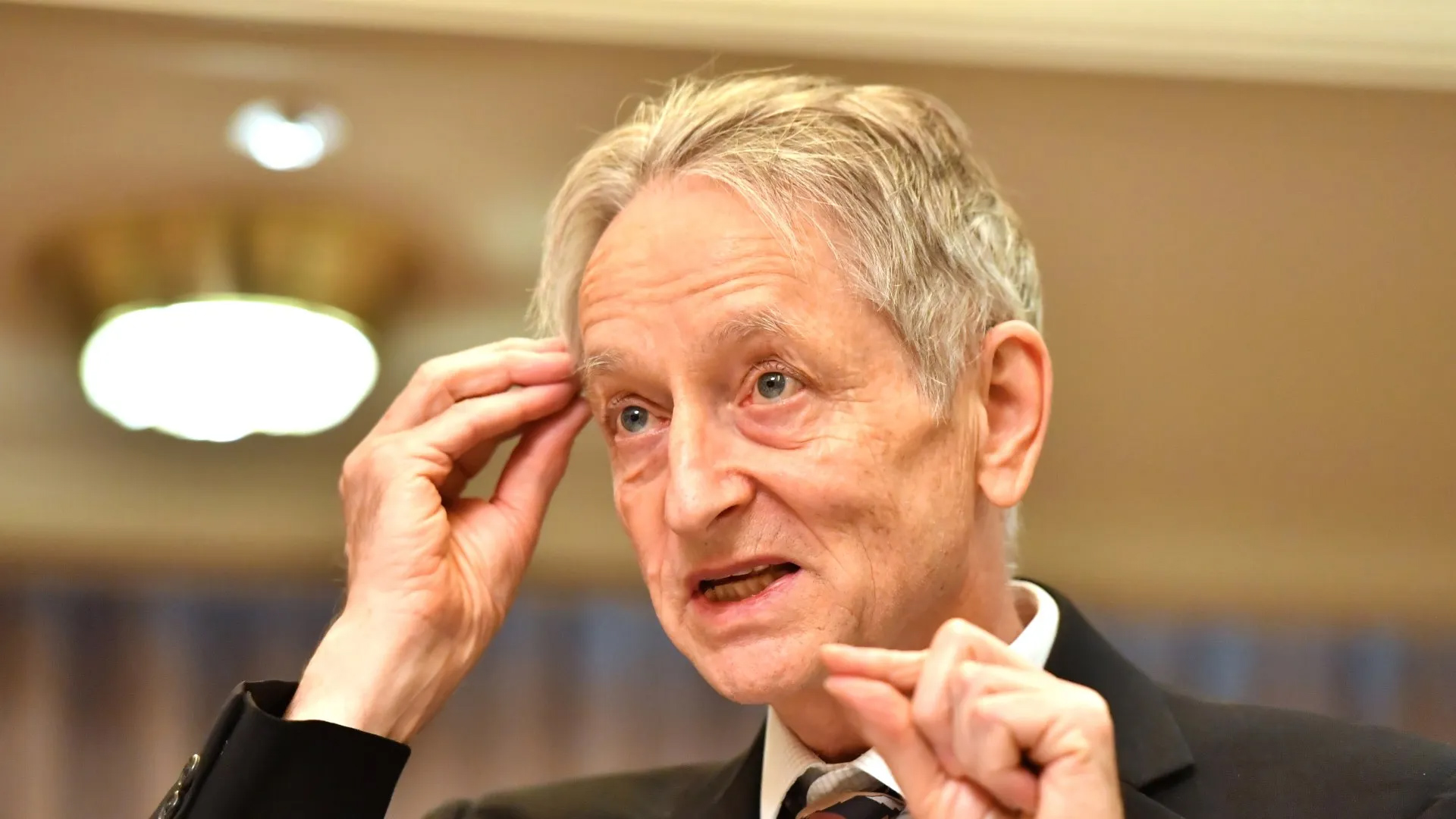AI technology pioneer Jeffrey Hinton said in an interview with Reuters on Friday that artificial intelligence could pose a "more urgent threat to humanity" than climate change.
Hinton, widely known as one of the "godfathers of artificial intelligence," recently announced that he had left Alphabet after a decade at it, saying he wanted to speak publicly about the dangers of the technology without his remarks affecting the company he left.
In 1986, Hinton co-authored the background paper "Representations of Learning by Reverse Propagation Errors," a milestone in the development of neural networks that support AI technology. In 2018, he received the Turing Award for his research achievements.
But he is now among a growing number of tech leaders who are publicly expressing concern about the potential threat posed by AI reaching a larger proportion of human intelligence, and the threat of taking control of the planet.
"I don't want to underestimate the value of climate change, and I'm not saying you don't have to worry about it, that's a big risk too," Hinton said. But I think AI may become more urgent."
"With climate change, it's very easy to recommend what we should do, if we stop burning carbon things will eventually be fine. "But with AI, it's not at all clear what we need to do."
Microsoft-backed OpenAI blew the "whistle" for what many saw as a "technological arms race" last November, when it made the AI-powered chat software ChatGPT available to the public, quickly becoming the fastest-growing app in history, reaching 100 million monthly users in two months.
Microsoft-backed OpenAI produced AI-powered ChatGPT (Getty Images)
Elon Musk, CEO of Twitter, joined thousands in signing an open letter calling for a 6-month moratorium on the development of artificial intelligence systems.
Among the signatories of the letter are the CEO of Stability, researchers at Alphabet's DeepMind, and fellow AI leaders such as Yoshua Bengeo and Stuart Russell.
Hinton shares the concerns of these signatories that AI could pose an existential threat to humanity, but does not agree with pausing the research, calling it "completely unrealistic."
"I'm from a camp that thinks this is an existential risk, and it's close enough that we have to work hard now, but we have to devote a lot of resources to figuring out what we can do about it," he said.
A panel of EU lawmakers responded to Musk's backing letter and called on US President Joe Biden to hold a global summit on the future direction of technology with European Commission President Ursula von der Leyen.
Last week, the committee approved a set of proposals targeting generative artificial intelligence that would force companies like OpenAI to disclose any copyright material used to train their models.
Biden, meanwhile, held talks with a number of AI leaders, including Alphabet CEO Sundar Pichai and OpenAI CEO Sam Altman at the White House, and promised a "frank and constructive discussion" about how companies should be more transparent about their systems.
"Technology leaders have the best understanding of it, and politicians should be involved in drafting legislation," Hinton said, adding that AI "affects all of us, so we all have to think about it."

